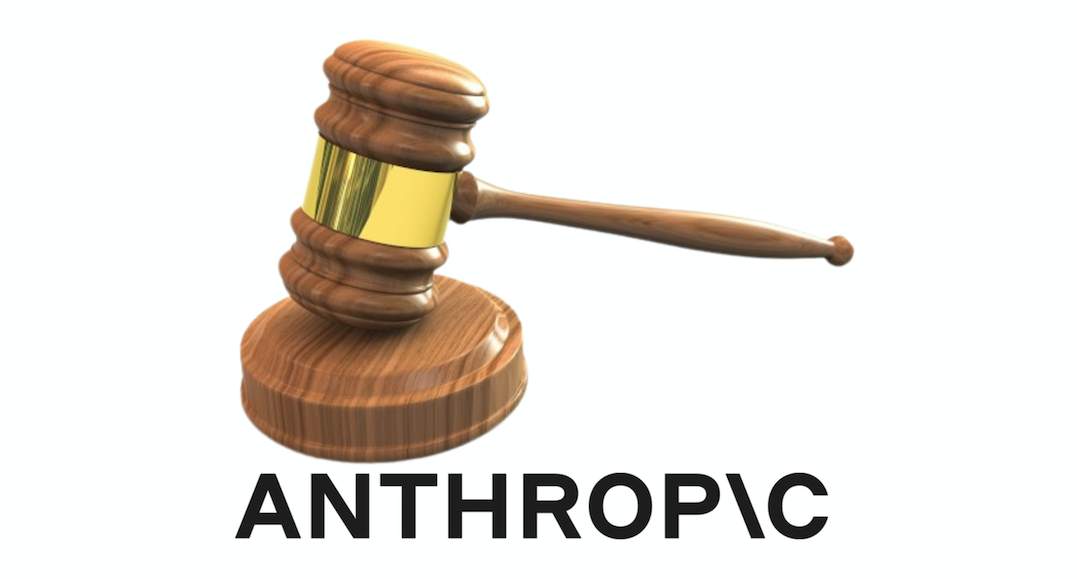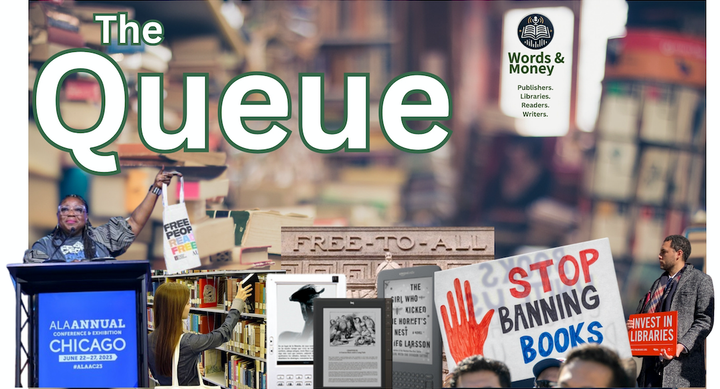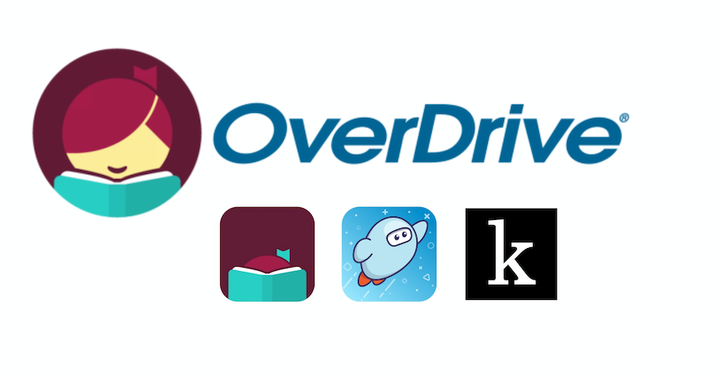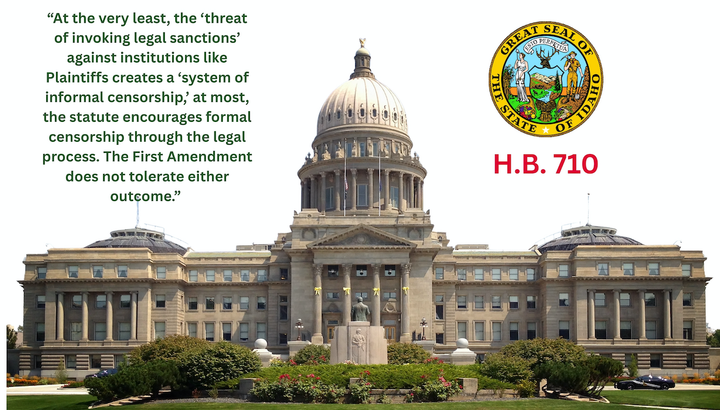Anthropic, Authors Unveil Terms of $1.5 Billion Deal to Settle Piracy Claims
If the settlement is approved, an undisclosed number of authors of some 500,000 pirated works will receive roughly $3,000 per work, making the settlement potentially the largest copyright award in history.

The parties in Bartz et al v. Anthropic PBC have announced the terms of a $1.5 billion deal to settle copyright claims from authors whose books were downloaded from pirate sites Library Genesis (LibGen) and Pirate Library Mirror (PiLiMi). Under the settlement, an undisclosed number of authors of some 500,000 pirated works will receive roughly $3,000 per work, making the settlement the potentially the largest copyright award in history.
In a release, Justin Nelson of Susman Godfrey LLP said the settlement will provide "meaningful compensation for each class work," and "sets a precedent requiring AI companies to pay" for copyrighted works. "This settlement sends a powerful message to AI companies and creators alike that taking copyrighted works from these pirate websites is wrong."
The final settlement must still be approved by the court. Among the broad strokes of the deal:
The settlement terms include a minimum of $1.5 billion for the settlement fund, based on an anticipated 500,000 works in the class. Anthropic will also pay an additional $3,000 per work if claims exceed those anticipated.
The settlement releases Anthropic from claims based on past acts, but does not include a license for future training, or any copyright claims arising after August 25, 2025.
Anthropic has also agreed to destroy the files it downloaded from the pirate sites, and any derivative copies it has made from the downloads.
All works in the Class are treated the same in this settlement, entitled to the same pro-rata amount of the Settlement Fund.
Issues over works made by multiple claimants will be handled by a proposed “Author-Publisher Working Group” which will offer "advice" on questions of “intra-work distributions." The group will be helmed by Authors Guild CEO Mary Rasenberger and Association of American Publishers CEO Maria Pallante.
The deal comes after judge William Alsup, in a mixed summary judgment decision in June, found that Anthropic's unauthorized use of copyrighted books to train its Claude AI system was fair use. But the judge also found that the company's decision to keep millions of unauthorized downloads for a permanent "central" research library was not.
On July 17, Alsup certified a class of authors and rightsholders—reportedly covering up to seven million books downloaded from pirate sites—putting the company on the hook for potentially billions in damages, and ultimately leading to the proposed settlement, although experts noted that the size of the class would be significantly smaller based on copyright registrations and other restrictions on the class.
For now, the class can include only "legal and beneficial owners of copyrighted books downloaded from Library Genesis or Pirate Library Mirror, and whose works were registered within five years of initial publication and prior to Anthropic’s download," according to a release from the plaintiffs lawyers.
Authors and rightsholders can visit AnthropicCopyrightSettlement.com, which gives potential class members an option to provide contact information to Class Counsel.
Alsup has scheduled a hearing for September 8 on the parties bid for preliminary approval, which is usually granted swiftly. Final approval, however, takes more time, an must include a process for objections as well as a final fairness hearing, which lawyers expect to take place sometime in 2026.
As we reported last week, how quickly the settlement moves to final approval will depend upon the settlement terms, and the number of objectors it might draw.
This is a developing story and will be updated as further reaction comes in.


